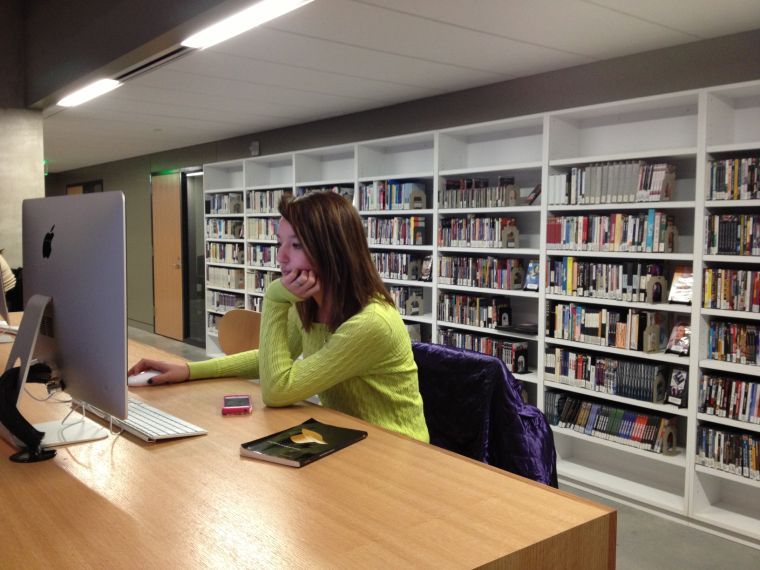University to reevaluate undergraduate research opportunities
St. Edward’s University is in the midst of a dialogue about how undergraduate research opportunities are handled at the university. Spearheaded by the Faculty Development and Student Research Academic Planning Group, members of this committee are wrestling with issues, including whether the program should be more unified or stay as it is.
Unlike the University of Texas at Austin, which has a centralized program dedicated to the oversight of undergraduate research, St. Edward’s handles student opportunities differently. Currently, student research is happening at St. Edward’s, but is not overseen or unified by a specific committee; instead student research is addressed on a case by case basis.
Caroline Morris, the Director of Fellowships and member of the Faculty Development and Student Research Academic Planning Group, thinks the university could be doing more.
“We’re looking at different ways we could support research. So basically the idea is—let’s look at where we are as a campus, and let’s look at some of the national benchmarks for schools like ours—or what we aspire to be like. And let’s get some good ideas for how we can expand,” Morris said.
Although no undergraduate program technically exists, students are actively pursing research projects, and for some majors it is built into the curriculum.
“A lot of student research and creative expression is happening—from science students working on their own or collaborating on faculty projects to art students exhibiting in a juried show, from psychology senior projects to business internships,” Mary Brantl, the chair of the Faculty Development and Student Research Academic Planning Group said.
Brantl said, however, that the oversight between these opportunities is diverse with some students receiving one-on-one guidance and others little interaction with professors.
Regardless of the specific project, Morris argues that student research will help the student holistically.
“It’s an opportunity for students to do what they love,” Morris said. “More pragmatically, graduate schools and fellowships and employers look at it as evidence of rigor, talent and drive— even more right now than, perhaps, the GPA.”
For some students, starting undergraduate research and making a plan is the hardest part.
“I definitely have thought about undergraduate research since I want to get a Masters in Public Policy,” sophomore Victoria Ochoa said. “For me, it’s just a matter of researching the top local and national Ph.D.s in the subject area I’m interested in, becoming familiar with their work, and figuring out how to reach out to them. Nothing is keeping me from doing that, except for myself. I just need to really sit down and plan out when and how I’m going to fit research into my undergraduate experience.”
Morris stresses that she and others are on campus to help and make the process remarkably less daunting.
“I think students are shy and might feel a bit overwhelmed to come up with a topic off the top of their head,” Morris said. “I want them to know that I’m here to help them.”
It is still too early to determine if the university will instate a more cohesive undergraduate research program as the committee is still gathering information.
“There isn’t a sense yet of what the future will hold in terms of research,” Morris said. “It’s going to be a long process to decide are we a teaching institution? Are we a research institution? Are we a combination? I think we haven’t had the conversation yet as a community and we’re about to start having it.”







